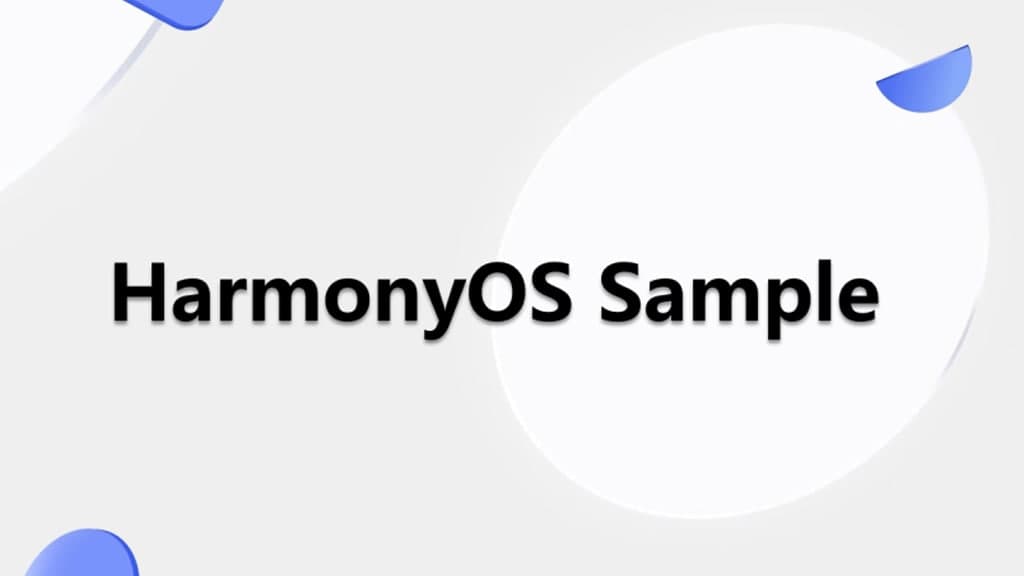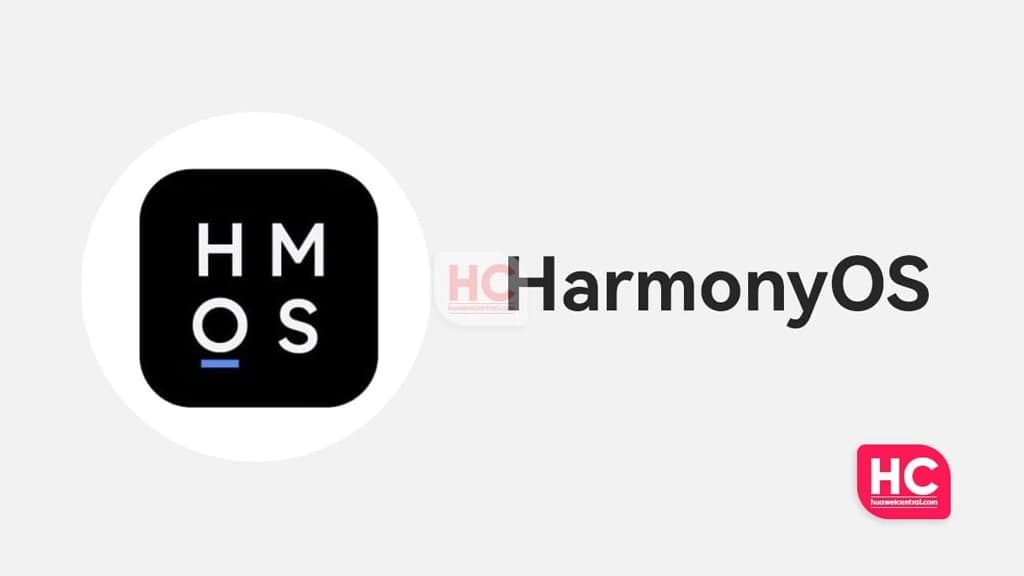HarmonyOS
HarmonyOS Samples with five practical examples, can download and learn

Huawei has officially listed HarmonyOS 2.0 Sample with five practical examples. Developers can download and learn about these HarmonyOS Samples in the way they want. Download these HarmonyOS Samples from the links below and know their features.
Huawei’s HarmonyOS 2 has reached millions of devices since its official release on June 02, 2021. The company has set several milestones with its impressive release of HM OS 2 for smartphones and tablets, outperforming its own rollout plan.
Sample 1: Add NativeLayer sample
Scenario: Native_Layer introduces the JNI related to the native layer. This example shows how to use the JNI interface on the Native_layer so that the application can achieve the native layer that matches the Java surface object. It then obtains the native layer information and also sets the native layer size and layer grid.
Download link
Sample 2: New grid layout
Scenario: The grid layout example uses a grid system for the layout of elements, which is mainly implemented by: <grid-container\>, and <grid-col\> tags.
Download link

Sample 3: New JS canvas example
Scenario: The <canvas\> tag can be customized to draw graphics and this example elaborates the perfect use of this tag.
Download link
Sample 4: New adaptive page and adaptive efficiency homepage example
Scenario: It uses five different types of immersive cards, graphic cards, grid cards, plain text cards, and multi-dimensional information cards. Then it presents the adaptive capability of these cards on devices of different sizes.
When the card is extremely wide and high, it will be displayed after making some customizations such as stretching, zooming, hiding, folding, and even dividing.
Download link

Sample 5: New adaptive card example
Scenario: This example presents the list page on different sizes of devices. It uses adaptive capabilities such as stretching, zooming, sharing, and proportioning. To perform these tasks, it makes use of polymorphic controls, the extensible of layouts, and components, and a responsive layout.
The adaptive display is reasonable for layout effect. You can download this Sample from the given link below.
Download link
(Via – IT Home)






